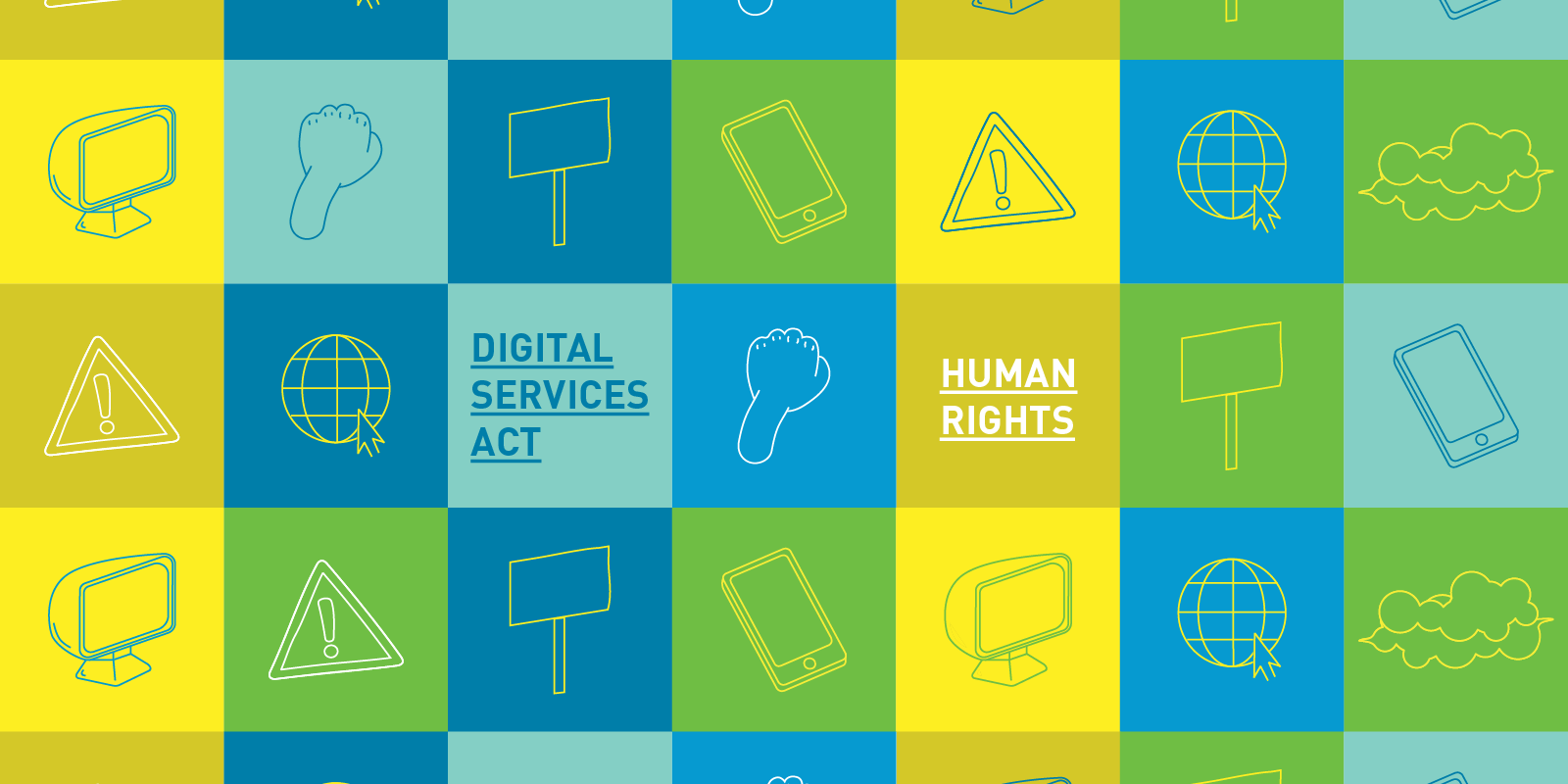Today’s second announced set of Very Large Online Platforms (VLOPs) by the European Commission overlooks essential digital players. While it is positive to see that Pornhub, XVideos, and Stripchat have been designated, Access Now urges the Commission to take action and address the alarming absence of Spotify and Telegram.
Access Now welcomes the inclusion of frontrunner platforms hosting pornographic content, a development championed by civil society organisations advocating for their designation. These platforms, previously identified in Access Now’s 2023 mapping created for the first designation, will now bear greater responsibility for their role in harm-causing actions such as online gender-based violence. The significance lies in the fact that only platforms or search engines designated by the European Commission under these special categories are obligated to comply with specific requirements outlined in the European Union’s (EU) Digital Services Act. While this designation is a positive stride, Access Now is alarmed by a stark gap in the recent designation list.
Not including Telegram and Spotify in the EU’s second VLOP designation list is a missed opportunity that will significantly weaken the protection of fundamental rights if the Commission does not act promptly. There is a flaw in the methodology and transparency of the EU’s VLOPs and VLOSe designation process itself. There is a clear discrepancy between the number of monthly active people the platforms self-declare versus the reality.Chiara Manfredini, Policy Associate at Access Now
Telegram largely overpasses the required VLOP designation threshold and must be subject to the Digital Services Act (DSA) regulatory scrutiny. As the go-to platform for changemakers, it is a vital resource for EU and global human rights activists relying on encrypted channels. Meanwhile, Spotify, a music streaming giant with the EU representing 28 percent of its 574 million people, also lacks designation, reflecting an alarming trend for people’s rights.
Too much is at stake for the designation process to fail. Amazon already succeeding in getting one of the two requested interim measures accepted after initiating proceedings to contest the Commission’s designation represents already a dangerous precedent. The final judgement on Amazon will shape the effectiveness, meaning, and enforceability of the new DSA rules.
Access Now calls on all actors involved in this extremely sensitive designation exercise to take it seriously and urges the Commission to include Spotify and Telegram in the next round of designation to address and mitigate systemic risks and potential negative impacts on fundamental rights stemming from their operating systems.
